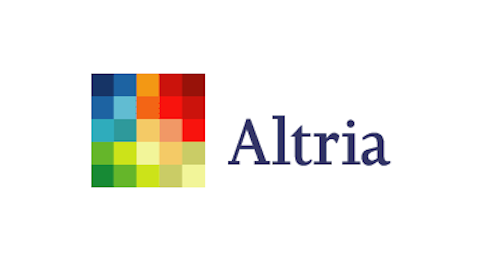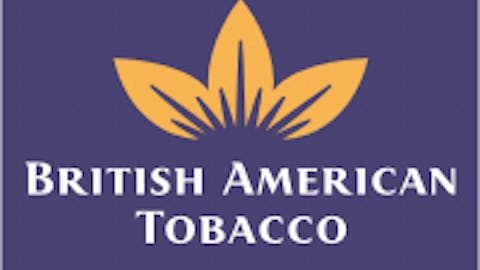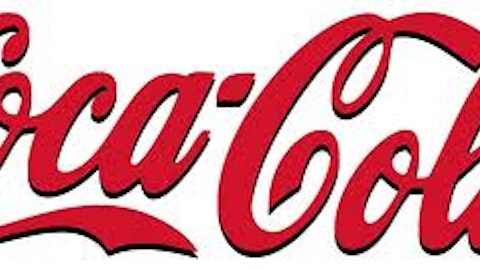Most people will say, ‘I don’t want to invest in tobacco, the industry is dying’. However, this is not the case. In reality, the tobacco industry is still as strong as it ever was, even if there are a few anti-tobacco laws around.
Despite the usual worries around declining tobacco consumption, 2012 was yet another record year for tobacco companies.

Altria Group Inc (NYSE:MO) in particular saw a 25.6% gain in its EPS in 2012, thanks to higher cigarette prices and rising smokeless product sales. Philip Morris International Inc. (NYSE:PM) registered EPS growth of 6.6% for the full year of 2012, which was lower due to the higher US dollar – hitting PM’s full year EPS by approximately $0.2.
Lorillard Inc. (NYSE:LO) registered the smallest EPS growth in the group for 2012. That said, the company is the smallest in the group and has the lowest volume of sales. In addition, Lorillard is only just getting into smokeless products, and its sales are limited to the US alone.
However, Lorillard Inc. (NYSE:LO) is making waves; in the fourth quarter the company released its own brand of electronic cigarettes. This smokeless product gained a 30% market share in the fourth quarter alone and has exceeded expectations, becoming profitable one whole quarter before it was predicted to. In addition, the eCig has high margins like its tobacco counterparts. Personally, I believe this product will significantly affect Lorillard’s future outlook.

Lorillard Inc. (NYSE:LO)’s rising earnings in the fourth quarter are attributable to the introduction of its electronic cigarette, which for the majority of the year had losses while it was in development. However, the product’s release in the third quarter and subsequent profitability in the fourth quarter is clearly shown.
Revenue remains strong
| Revenue Growth YoY | ||
| MO | LO | PM |
| 2.40% | 2.90% | 3.90% |
Earnings per share and are manipulated through stock buybacks and accounting tricks, and as a result revenue is a more telling indicator of growth. Despite all the fuss over declining tobacco sales, revenue at all three companies has grown over the past year.
| Volume Growth | ||
| MO | LO | PM |
| -0.20% | 0.30% | 1.30% |
However, while revenue continues to grow, volumes at Altria Group Inc (NYSE:MO) are falling, but rising slightly at Philip Morris International Inc. (NYSE:PM) and Lorillard. During 2012 Lorillard once again increased its share of the US tobacco market, which is the third or fourth year of market share growth.
Altria reported lower volumes, as its products are generally price higher than its competitors, which has pushed customers away from its brand at a time when consumer incomes are being squeezed.
Nonetheless, Altria Group Inc (NYSE:MO) was the only company out of the three that reported falling volumes, which highlights the inelastic price of tobacco, as over this period all of these companies raised their prices per packet of cigarettes.
Dividends

Tobacco companies are well known for their high dividend yields, and there is no sign that their yields will come under pressure soon. Each of these three companies has continued to raise its payout during 2012, and Philip Morris International Inc. (NYSE:PM) has almost doubled its payout since 2008.
Margins
Tobacco companies have always had strong profit margins, which have given them solid cash flows. These strong cash flows are the reason they have been able to return so much cash to shareholders.
So, are gross margins coming under pressure due to increasing taxation that is intended to limit the consumption of tobacco?

Gross margins have come under slight pressure at Altria and Lorillard since 2008. Both companies suffered a 5% margin decline in 2009, but have since recovered most of this after increasing prices and diversifying into higher margin smokeless products.
Philip Morris had the lowest margins in the group thanks to high tobacco duties around the world:

While Lorillard and Altria do the majority of their business in the US, Philip Morris does its business internationally, where tobacco duties can be much higher. Indeed, the company has an average exercise tax rate of 60% on its tobacco products, constricting gross margins.
All in all, tobacco margins remain resilient, and all three companies still have large flows of free cash.




